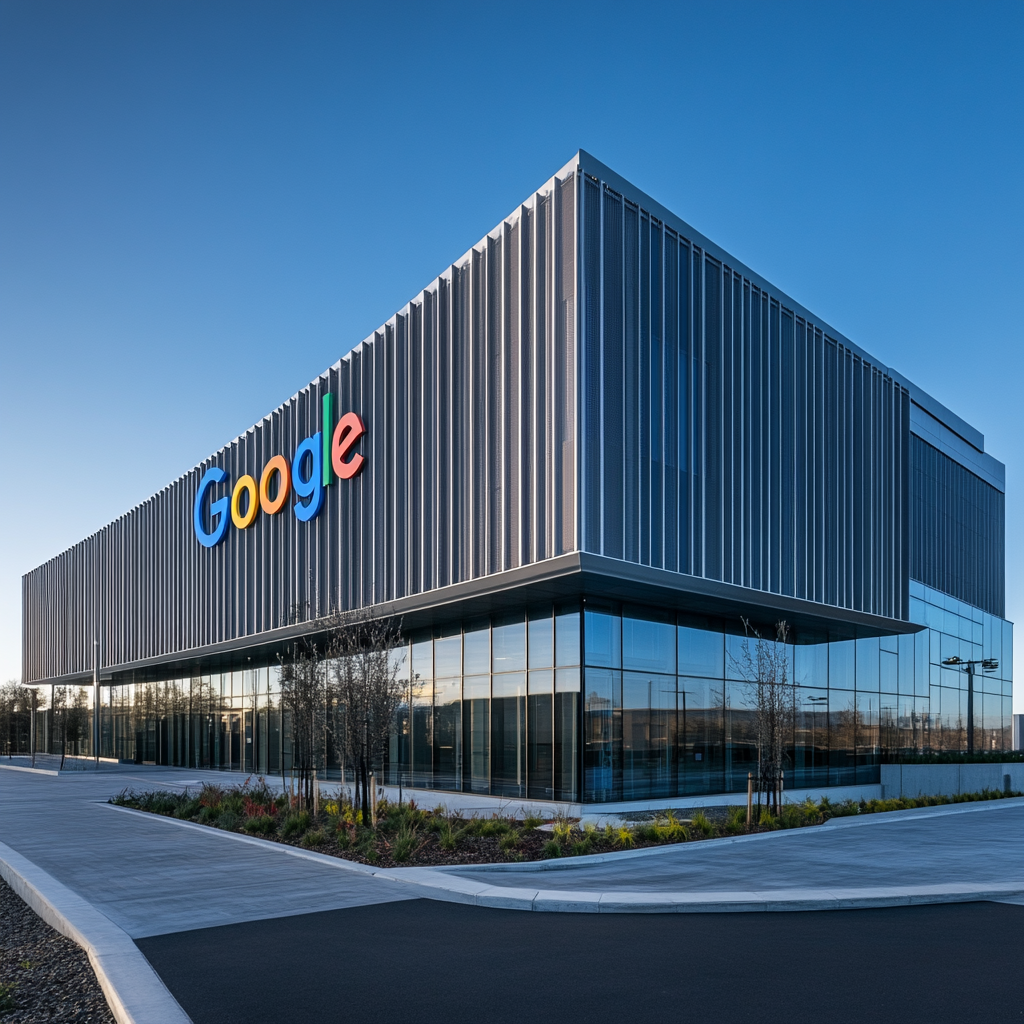

The recent rejection of Google’s proposed data centre in South Dublin marks a crucial moment in Ireland’s ongoing discussion about energy consumption and environmental stewardship. With data centres in Ireland currently accounting for a staggering 21% of the country’s electricity demand and projections from the International Energy Agency indicating this could rise to one-third within a few years, the urgency for sustainable solutions is undeniable. Local councils and energy operators are increasingly vocal about the need for responsible energy practices to limit future developments nationwide. This decision underscores the pressing need for companies to prioritise energy efficiency and renewable sources over fossil fuels and positions Ireland as a leader in promoting an environmentally conscious future. It challenges tech giants to rethink their strategies in light of local community needs and national sustainability goals.
Fueled by foreign direct investment, the rapid expansion of data centres in Ireland significantly impacts the nation’s electricity consumption, now accounting for 21% of total usage and is expected to rise to one-third by 2026. This pressing trend raises critical questions about sustainability amid growing energy demands and environmental challenges. As these cloud computing facilities require immense power for operations and cooling, local councils and Ireland’s Environmental Protection Agency are increasingly concerned about the implications for the fragile electricity grid. This situation compels tech companies to rethink their energy strategies, particularly those establishing their European headquarters. Emphasising green energy and establishing power purchase agreements are crucial for operational excellence. The drive for sustainable practices not only aims to mitigate environmental impact but also aligns with national goals for a greener future, marking a pivotal moment in Ireland’s evolution as a tech hub while balancing technological advancement with ecological responsibility.
As the demand for data processing continues to surge, international businesses operating Irish data centres must prioritise energy efficiency and sustainability. With these data centres already consuming 21% of Ireland’s electricity—projected to rise alarmingly to one-third by 2026—failing to adopt greener practices could jeopardise their business viability and the local environment. The Irish government has approved planning for initiatives that implement energy-efficient technologies, which alleviate pressures on the electricity grid and help companies comply with increasingly stringent regulations and community expectations regarding environmental responsibility. By investing in carbon-neutral power sources and operational efficiencies, businesses can reduce their carbon footprint, enhance their brand reputation, and contribute to a sustainable digital economy that respects local resources and global climate commitments, all while using the same amount of energy more efficiently.
In light of recent developments, the Dublin area is set to implement stricter guidelines for future data centre operations, reflecting its commitment to sustainability and environmental stewardship. With data centres currently consuming a significant portion of the country’s electricity and projections from the IEA report indicating that this share could rise exponentially, the government and local authorities recognise the urgent need for enhanced regulations. These anticipated guidelines will likely focus on promoting energy efficiency and mandating incorporating renewable energy sources in data centre designs, ensuring that growth in this sector aligns with national sustainability goals. This proactive approach not only aims to safeguard local ecosystems but also positions Ireland, particularly the Dublin area, as a progressive leader among European countries in balancing technological advancements with environmental responsibility while addressing rising electricity demand.
The South Dublin Council’s decision to reject Google’s proposed data centre could create significant ripples in the tech industry, particularly about data centres in Ireland. This move may prompt major companies to reevaluate their operational strategies and environmental commitments as they plan for expansion. By emphasising growing concerns about energy consumption and sustainability, the decision is a wake-up call for tech giants to enhance their engagement with local communities and adopt more robust environmental practices. As the UK and Ireland face scrutiny over their carbon footprints and energy dependencies, the expectation for adherence to stricter planning permissions and environmental standards could redefine industry norms. This shift may encourage tech-dependent organisations to explore innovative, sustainable solutions and invest in renewable energy sources at new locations, ultimately fostering Ireland’s more responsible and eco-conscious digital economy.
The rejection of Google’s data centre proposal in South Dublin underscores the delicate balance between fostering economic growth and adhering to environmental standards. While data centres promise significant financial benefits, including job creation and technological advancements, their substantial energy consumption poses a formidable challenge to local ecosystems and national sustainability goals. This pivotal decision reflects the growing urgency for companies to consider the environmental implications of their operations, particularly in a country where data centres currently account for 21% of electricity use, with projections soaring to one-third in the coming years. By prioritising sustainable practices, tech giants can align with community expectations and help ensure that technological development contributes positively to the economy and the environment, setting a precedent for responsible growth that prioritises the planet’s health and profit margins.
As the tech industry grapples with energy consumption challenges amidst growing environmental concerns, integrating renewable energy sources into data centre operations emerges as a pivotal strategy for sustainable development. This shift addresses the alarming projections of energy usage—expected to escalate to one-third of Ireland’s electricity by 2026—and aligns with the anticipated stricter guidelines from the government aimed at promoting eco-friendly practices. By harnessing renewable energy options, such as solar or wind power, data centres can significantly reduce their carbon footprint, alleviating pressures on the electricity grid and contributing to a greener economy. This proactive approach enhances the reputation of tech companies as responsible corporate citizens. It supports the overarching national sustainability goals, balancing economic growth with environmental stewardship in an increasingly digital landscape.
The rejection of Google’s data centre proposal has sparked a critical reassessment among tech companies regarding their environmental strategies and sustainability commitments. Faced with escalating energy demands and increasing regulatory scrutiny, firms within the tech industry must now deliberate how their operations align with local expectations and global climate objectives. This pivotal moment compels organisations to reconsider their reliance on traditional energy sources and innovate in integrating renewable energy solutions and energy-efficient technologies into their infrastructures. As consumers and communities demand greater accountability in the face of climate change, companies that proactively adapt and commit to greener practices will safeguard their business interests and contribute to shaping a more sustainable digital economy, resonating favourably with stakeholders and enhancing their corporate reputation.
The South Dublin Council’s rejection of Google’s data centre proposal highlights a critical trade-off between the promise of job creation and the necessity for sustainable growth. While the development of data centres can generate numerous employment opportunities and stimulate local economies, this is often accompanied by significant environmental costs, particularly in energy consumption and resource depletion. As data centres are anticipated to consume an ever-increasing share of the national electricity supply, the decision serves as a vital reminder for policymakers and industry leaders alike to weigh the immediate economic benefits against long-term environmental impacts. By prioritising sustainable practices in tech industry growth, companies can seek to balance job creation with ecological integrity, ultimately fostering a resilient economy that respects both the planet and the communities it serves.

This website uses cookies to improve your experience. Choose what you're happy with.
Required for the site to function and can't be switched off.
Help us improve the website. Turn on if you agree.
Used for ads and personalisation. Turn on if you agree.
This website uses cookies to improve your experience. Choose what you're happy with.
Required for the site to function and can't be switched off.
Help us improve the website. Turn on if you agree.
Used for ads and personalisation. Turn on if you agree.